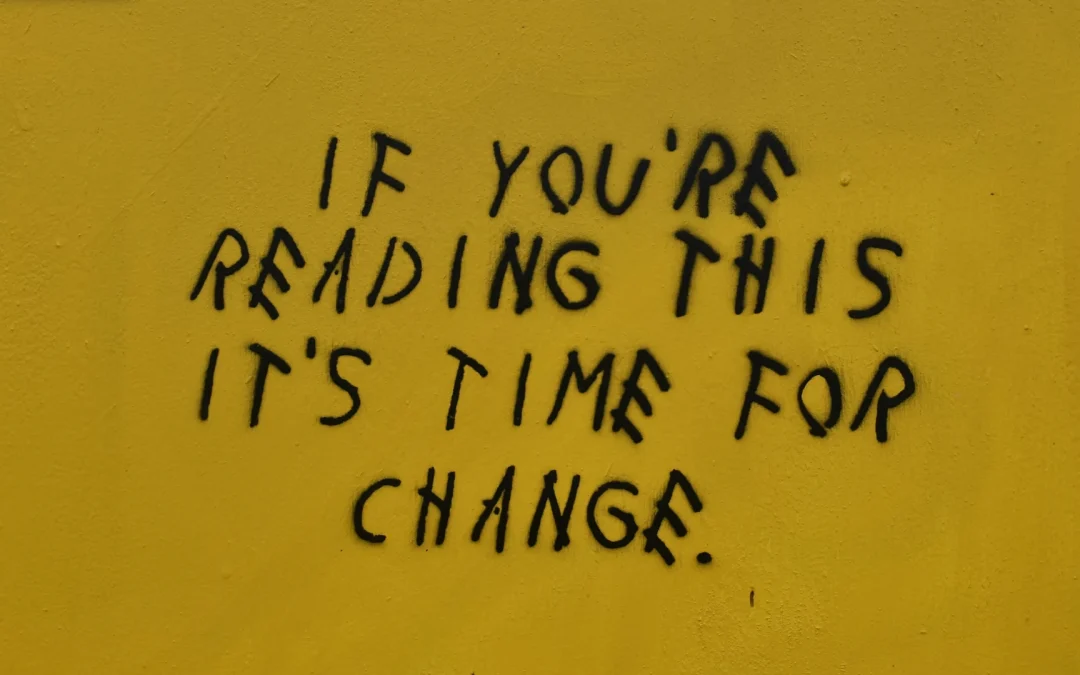No matter how talented, disciplined, or motivated an athlete is, failure is part of the game. Striking out at the plate, fumbling the football, missing the winning shot, or making a costly error on defense—it happens to every athlete at every level. But for young athletes, these moments can feel especially heavy. A single mistake can shake their confidence, cloud their focus, and even make them question their abilities.
The truth is: failure isn’t the end. It’s an opportunity. What matters most is not the strikeout, the fumble, or the miss itself, but what the athlete does next. That’s where real growth, resilience, and confidence are built.
For Christians, this idea is rooted in a deeper truth: we are not defined by a single failure or performance, but by our identity as beloved sons and daughters of God. Our value doesn’t come from flawless performance—it comes from who we are in Christ and who God created us to be.
Failure, when handled effectively, can be a powerful teacher, and there are a few practical steps young athletes can take to recover quickly, reset mentally, and return stronger.
Why Failure Hurts—and Why It’s Valuable
When young athletes mess up, they often feel like they’ve let everyone down: their team, their coach, their parents, and themselves. The adrenaline of competition mixed with the pressure to perform can magnify mistakes, turning a small moment into what feels like a massive failure or even a threat.
Our logical brains know that even the best athletes in the world—Olympians, professionals, champions—fail constantly. Michael Jordan famously said, “I’ve missed more than 9,000 shots in my career… I’ve failed over and over and over again in my life. And that is why I succeed.”
Failure forces us to confront our weaknesses, but it also gives us the chance to practice resilience. Without mistakes, there is no growth. Every strikeout or dropped ball can become the building block of confidence—if the athlete learns how to process it and move forward.
Step 1: Recognize the Emotional Impact
The first step in recovering from failure is acknowledging the emotions that come with it. Young athletes often try to stuff their feelings down, thinking toughness means “don’t feel anything.” Or they are afraid of the reaction from coaches, parents, or peers when they experience difficult emotions. But ignoring emotions only makes them resurface stronger later.
Encourage athletes to pause and notice what they’re feeling: frustration, embarrassment, disappointment, anger. Naming the feeling takes away some of its power and allows the athlete to move through it rather than getting stuck in it. Affirm that it’s okay and normal to have these feelings.
A simple way to practice this after a mistake can look like taking a moment (even just 10–15 seconds) to silently label what’s happening. “I feel embarrassed that I missed.” “I’m frustrated that I fumbled.” This simple practice helps separate identity from performance: I am not the mistake. I simply made a mistake.
Step 2: Reset with a Routine
One of the best ways to bounce back is to have a reset routine—something small and repeatable that tells the brain, “That play is over. I’m ready for the next one.”
Athletes can build their own routines, such as:
- Taking a deep breath and shaking out their arms.
- Tapping their helmet, bat, or cleats as a physical cue.
- Saying a short phrase like, “Next play,” or “Reset.”
- Looking up and focusing on a single point (like the top of the scoreboard) to shift perspective.
These routines don’t erase mistakes, but they interrupt the negative spiral of overthinking and getting caught in that one moment.. By practicing resets in training, athletes learn to respond automatically during games, turning failure into fuel instead of fear.
Step 3: Reframe the Narrative
Failure often comes with a harsh inner voice: “I’m terrible.” “I always mess up.” “Everyone thinks I’m a joke.”
That inner dialogue can be more damaging than the mistake itself. The key is reframing the story. Instead of seeing the strikeout as proof of incompetence, it becomes an opportunity to learn: “That pitcher’s curveball fooled me—next time I’ll watch for the spin.” Instead of thinking, “I cost the team the game,” it shifts to, “This was one moment in a much bigger picture, and I can use it to sharpen my focus.”
Coaches, parents, and mentors play a vital role here. By modeling positive reframes and reinforcing effort over outcome, they help athletes see failure as feedback, not final judgment.
Spiritually, this reflects the truth that God never reduces us to our lowest moments. His voice is never condemnation—it is always an invitation: to grow, to rise, to become more fully who He made us to be.
Step 4: Focus on What’s in Your Control
After failure, athletes often get stuck on what they can’t change: the dropped ball, the missed swing, the blown coverage. But staying trapped in “what ifs” drains energy and confidence.
Instead, athletes should redirect attention to what’s still in their control:
- Their body language (stand tall, not slumped).
- Their communication with teammates.
- Their effort and hustle on the next play.
- Their attitude moving forward.
When an athlete learns to quickly shift from dwelling on the uncontrollable to acting on what’s controllable, they regain power and presence.
Step 5: Practice Self-Compassion
This might surprise some athletes and parents, but being hard on yourself after a mistake doesn’t actually lead to better performance. Research shows that self-compassion—treating yourself with the same kindness you’d offer a teammate—helps athletes recover faster and sustain motivation.
Encourage athletes to ask: “If my teammate just made that mistake, what would I say to them?” Chances are, they’d offer encouragement, not harsh criticism. That’s the same tone they should use with themselves.
Self-compassion builds confidence by reinforcing that mistakes are part of the process—not proof of inadequacy.
Step 6: Reflect After the Game
In the heat of competition, it’s often enough to reset and move on. But after the game, it’s important for athletes to reflect. What happened? What can I learn? What will I do differently next time?
A helpful tool here is a simple two-column reflection:
- What went well (effort, attitude, specific plays).
- What I can improve (specific skills, focus, preparation).
This balanced reflection prevents athletes from dwelling only on mistakes, while still using them as opportunities for growth.
Step 7: Keep the Bigger Picture in Mind
At the end of the day, sports are about more than just wins and losses. They’re about character, resilience, teamwork, and joy. Striking out or fumbling may feel devastating in the moment, but over time, those moments shape young athletes into stronger, more grounded people.
When athletes (and their parents and coaches) keep perspective—remembering that one play does not define a person or a career—they can approach failure with a healthier mindset.
The Theology of the Body teaches that our lives—even in sports—are meant to glorify God by revealing His love through our bodies, actions, and relationships. A missed shot doesn’t erase that. In fact, it can highlight it—when we choose to recognize the strengths that God has given us to learn, to grow, to be an encouraging teammate, a passionate person, or a determined athlete.
Final Word: Failure as a Confidence Builder
It may sound counterintuitive, but failure is one of the best confidence-building tools a young athlete has. Every time they strike out and choose to step back into the batter’s box, fumble and get back in the game, or miss a shot and take the next one, they prove to themselves that they are resilient and capable.
That’s confidence—not the absence of mistakes, but the trust that they can handle whatever comes and that they are not defined by a single moment. Instead, they are defined by who God created them to be and empowers them to be, every day.
Sports then become a powerful arena not just for athletic development, but for spiritual growth—teaching athletes to rise, to persevere, and to embody the truth that failure is never the end.
So the next time your athlete fumbles, strikes out, or falls short, remind them: it’s not the mistake that matters most. It’s the response. That’s where champions—and saints—are made.
If you would like faith-based support in your life, relationships, or goals, visit CatholicCounselors.com to get connected to a pastoral counselor today or to learn more about our Faith-Based Success and Performance Coaching.











